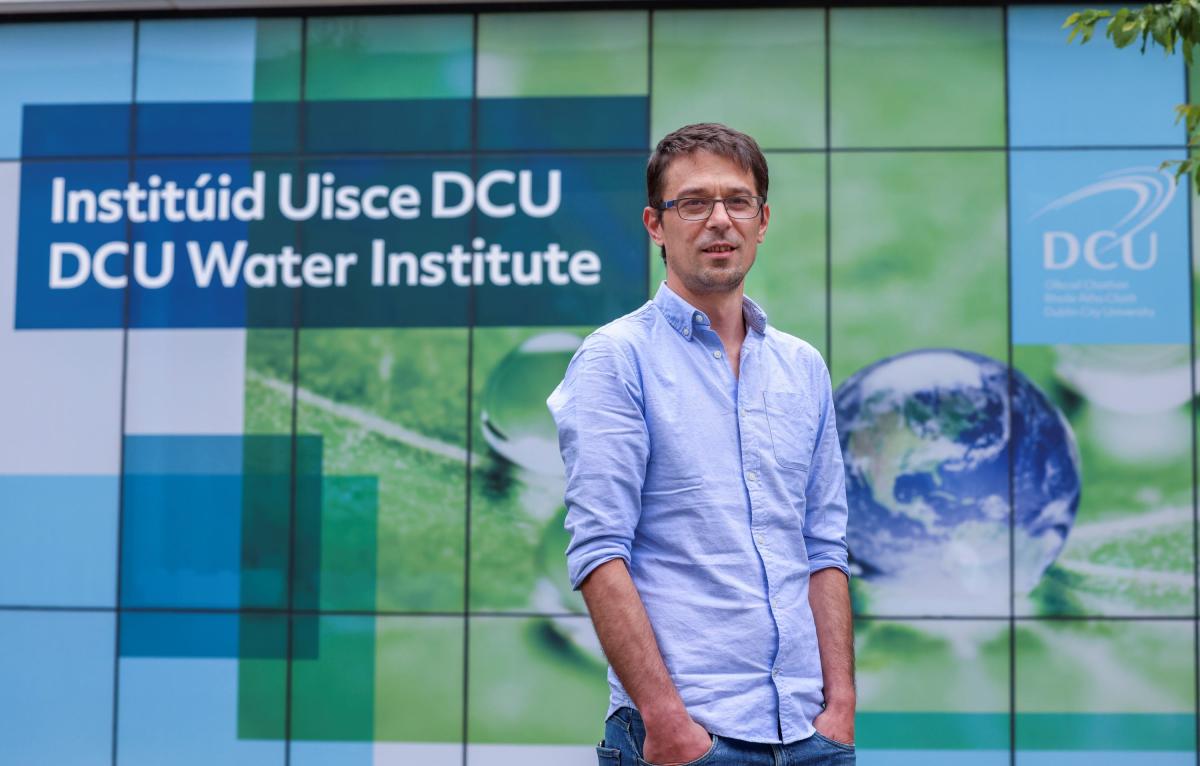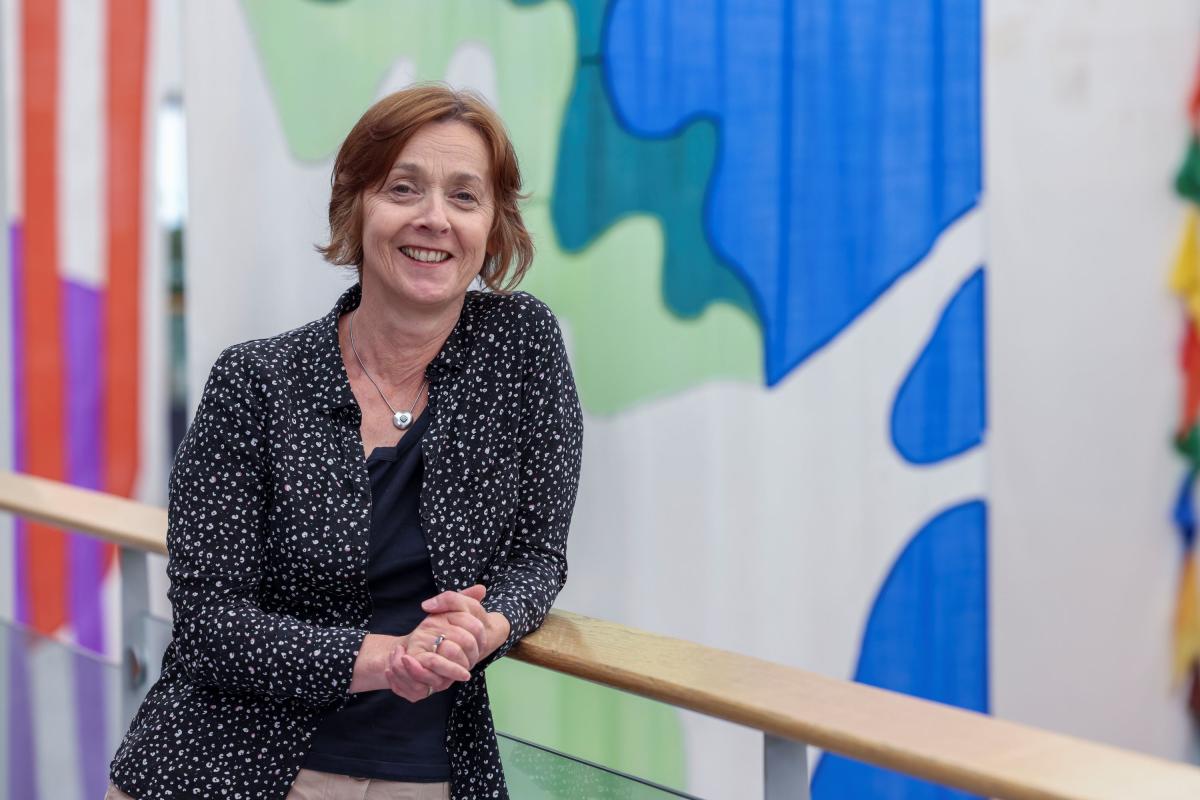

Four DCU projects progress to next phase of Research Ireland National Challenge Fund
The ‘Grow Phase’ of the initiative sees €9million awarded to sixteen research teams. Dublin City University researchers Dr Mark Roantree, Dr Ciprian Briciu-Burgina, Prof Fiona Regan, Dr David O'Connor and Dr Mary Pryce will progress to this next round.
The teams selected today will have the opportunity for additional funding in the final phase of the programme, where prize funding of between €1-2million will be on offer to the most competitive teams under each Challenge. The total amount of funding in all phases of the initiative is €65million.

Dr Ciprian Briciu-Burgina and Prof Fiona Regan are co-leads on the RESTART project, which has progressed in the Health Environment for All challenge. This challenge seeks solutions to ensure clean health air, water and soil for humans, animals and plants.
Clean water is critical for recreation, aquaculture, fisheries and drinking supplies, but the methods by which contamination is now detected take between 18 to 72 hours. Faster detection tools and sensors are needed to provide stakeholders with water quality data in a timely manner to better manage and protect marine and coastal ecosystems.
The RESTARTproject proposes the development of an in-situ sensor for monitoring water quality called CS Sentinel, that will provide an early warning of bacterial pollution events.

Also progressing in this category is Dr David O’Connors BOHEMIAN project. A collaboration with UCD, this project will use real-time devices, artificial neural networks and machine learning algorithms to produce the first Irish specific forecast model for allergy related bioaerosols which will allow people to understand and alleviate the influence of bioaerosols on their lives.
Bioaerosols encompass a wide range of organic atmospheric particles (pollen, fungal spores, and bacteria) that can seriously affect the wellbeing of the Irish public, where 30% of the population have an allergy, yet no monitoring of bioaerosols is undertaken here and no data is available to understand the impact of these particles or to enable their mitigation.
In the same challenge, Prof Mary Pryce is co-lead on New OneHealth OnWater Antimicrobial Resistance Solutions in collaboration with RCSI.

Elsewhere, the Digital for Resilience Challenge seeks solutions that will enhance Ireland’s capabilities in crisis prediction & response. In this category, Dr Mark Roantree is collaborating with Prof Patricia Kearney from UCC on RECONNECT.
The project will focuses on the information systems, which underpin all aspects of the country’s healthcare system. These systems are a key area in which resilience can be built.

The project aims to create capacity for strong predictive models that would enable deeper insights and better analysis of healthcare data, and therefore better preparation for future shock events.
Overall, the National Challenge Fund has supported 96 teams to identify problems related to Ireland’s Green Transition and Digital Transformation and collaborate directly with those stakeholders most affected by them to create real and tangible solutions. These projects reflect Dublin City University’s ongoing commitment to a range of the UN Sustainability Goals.
